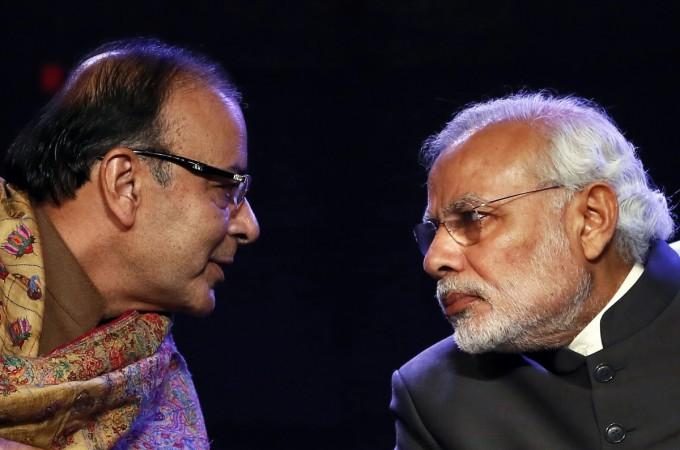
The Centre is planning to include a number of direct tax announcements in the 2019-20 Interim budget, as per Business Standard.
The interim budget is expected to be presented on February 1, 2019, by Finance minister Arun Jaitley, right before Lok Sabha elections.
This year, the budget is expected to include a wide range of direct tax proposals as compared to the other interim budgets in the past.
However, no final decision has been made yet as the finance minister's speech will only be finalised by mid-January, reports the daily.
What is Interim Budget?
Interim budget, also called Vote of account (VOA) budget, is prepared by the ruling government during the election year. It will be followed by a full budget prepared by the next government in a few months' time post the general elections.
Interim budget is presented by the Finance minister in February and it lasts till the new budget is passed by the new government. Usually, the gap between the two is not more than six months.
Difference between annual budget and Interim budget/ VOA?
VOA is a temporary budget which is only for six months whereas the annual budget is for 1 year.
The annual budget includes both the previous year expenses and revenues of the ruling government and their plans on next year's revenue and expenses.
On the other hand, VOA includes the revenue and expenses incurred by the ruling government in the past but for the election year, it only includes the plan on how the expenses will be carried out for few months until the annual budget is passed by the next government, post elections.
As per the Election Commission's Code of Conduct, the ruling government cannot include any major scheme in the interim budget as it could influence the voters.
The interim budget of 2014-15
Interim budget for the year 2014 was presented by the then Finance minister P. Chidambaram. The UPA (United Progressive Alliance) government's budget mainly focused on the fiscal deficit, growth cycle, and manufacturing.
Chidambaram claimed that during UPA government, fiscal deficit, inflation, currency exchange rate were all in control. However, no major changes were made in the tax rates last time.








